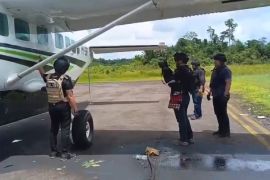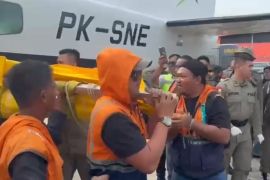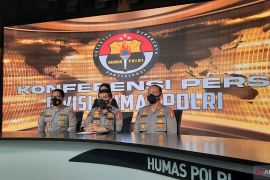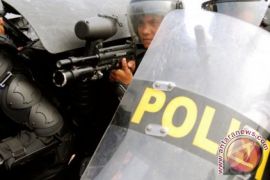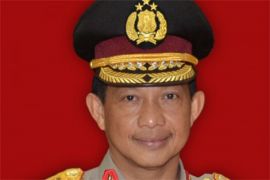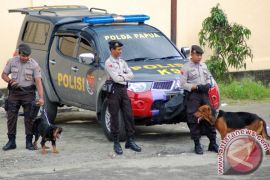The problem has to be sorted out through comprehensive approaches to create peace in the rebellious region, Velix said when accompanying President Susilo Bambang Yudhoyono on a working visit in this Central Java district on Thursday.
Velix made the statement when asked to comment on the incident earlier that day when eight soldiers were killed in Papua shot at by armed gangs of rebels.
He said feeling of injustice by local people over economic and social gap between Papua and the rest of the country was exploited by the rebels to incite the fight for independence led by the outlawed Papua Merdeka Organization (OPM).
Papua has not enjoyed the fruit of development and felt being isolated from the rest of the country, he said.
Papua is known to be rich in natural resources with large mineral reserves of copper, gold, silver and oil.
Papua hold the country`s largest reserves of copper, gold and natural gas but ironically the scarcely populated region remains lagging behind the rest of the country in economic development.
"The backwardness, disappointment and dissatisfaction serve as an ammunition to incite resistance against the government," Velix said.
The resistance movement is concentrated in isolated areas like Puncak Jaya regency, he added.
He said the government is fully aware of the problem and what has caused the problem, therefore, steps have been taken to remove the gap and reduce the feelings of injustice.
In the past 10 years, the government has tried to create more effective bureaucracy by splitting regencies such as Jaya Wijaya regency into 10 regencies, he pointed out.
The purpose is to get the district administrations closer to the people in the vast region, he said.
In addition, the government has built new infrastructure such as roads and airports to facilitate transport, he added.
He said the policy of naming local leaders having good knowledge of the areas and familiar with the local culture should be maintained.(*)
Editor: Heru Purwanto
Copyright © ANTARA 2013
